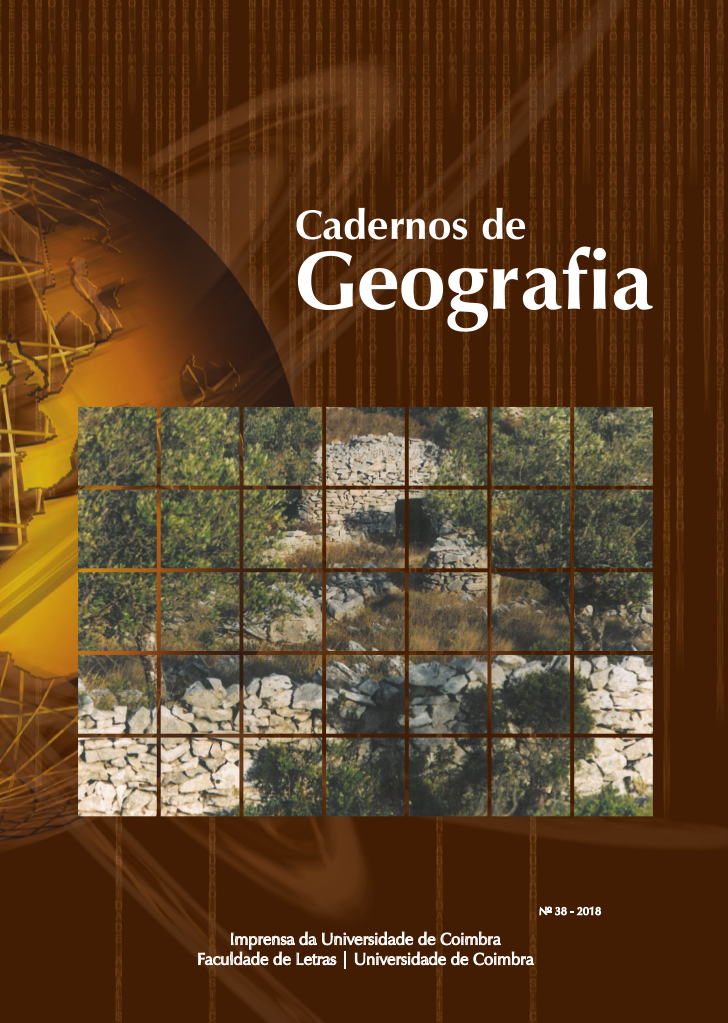Mercado e políticas públicas em Évora
a questão territorial da habitação
DOI:
https://doi.org/10.14195/0871-1623_38_1Palavras-chave:
políticas públicas, habitação social, cidade de Évora, produção do espaço urbano, diferenciação social no territórioResumo
Principal centro urbano da região Alentejo, Évora está classificada como Património Mundial pela UNESCO (1986) e sofreu uma expansão significativa na 2ª metade do séc. XX. Elemento básico de suporte aos processos de autonomização de vida e de (re)inserção social, há uma tendência para a organização espacial de acesso à habitação em áreas de grande homogeneidade interna e forte disparidade entre elas. Évora é marcada pela segregação sócio territorial que, a partir da compreensão da caracterização, da contextualização histórica e atual das políticas habitacionais, são analisadas, no presente artigo, as alternativas atuais sobre a temática nas suas dimensões sociais, territoriais e económicas. O artigo tem como principal objetivo analisar como as decisões do mercado e das autarquias, através das políticas públicas em habitação, incidem no território da cidade de Évora.
Downloads
##submission.downloads##
Publicado
Edição
Secção
Licença
Os autores conservam os direitos de autor e concedem à revista o direito de primeira publicação, com o trabalho simultaneamente licenciado sob a Licença Creative Commons Attribution que permite a partilha do trabalho com reconhecimento da autoria e publicação inicial nesta revista.











